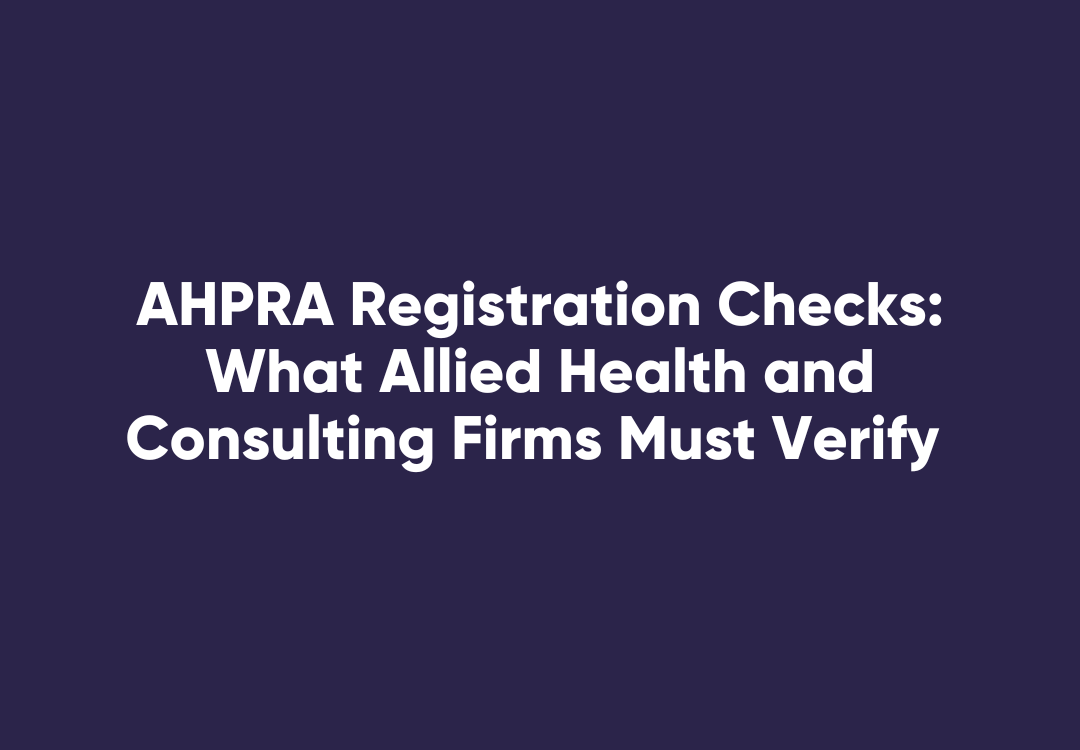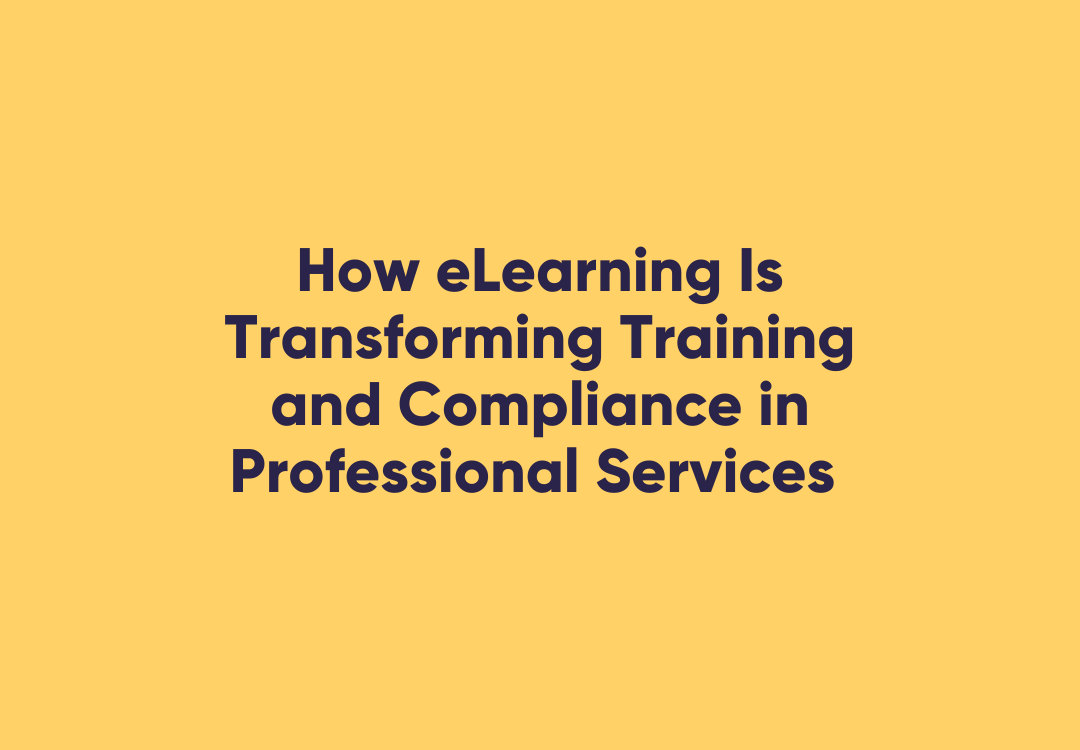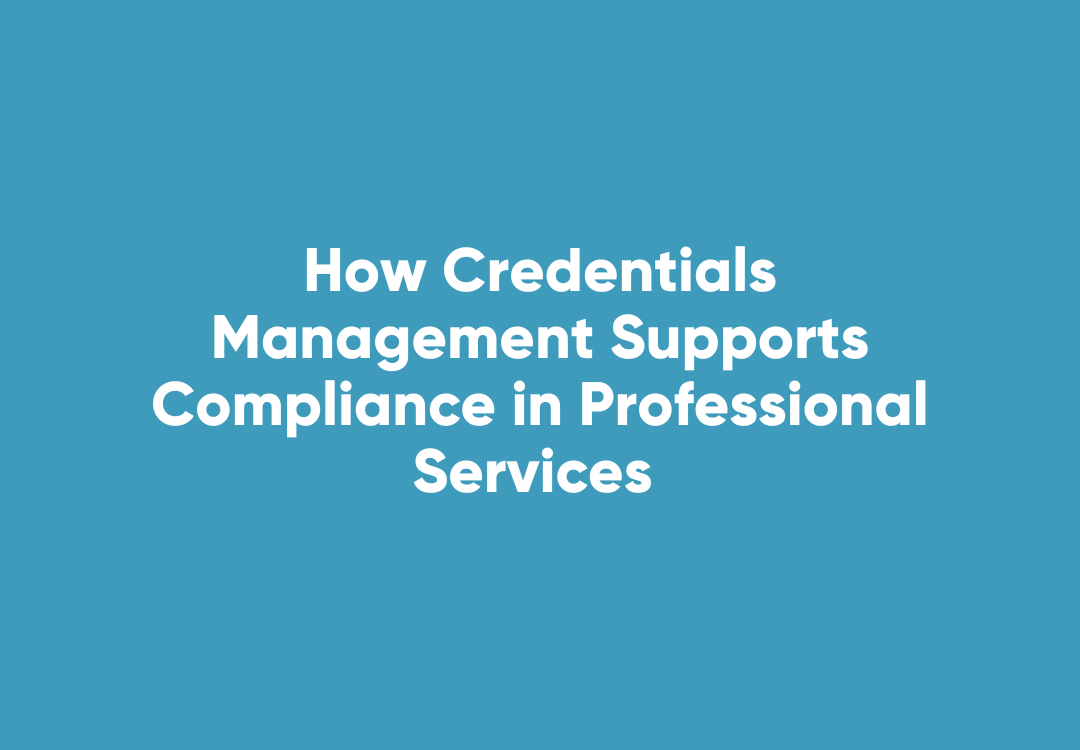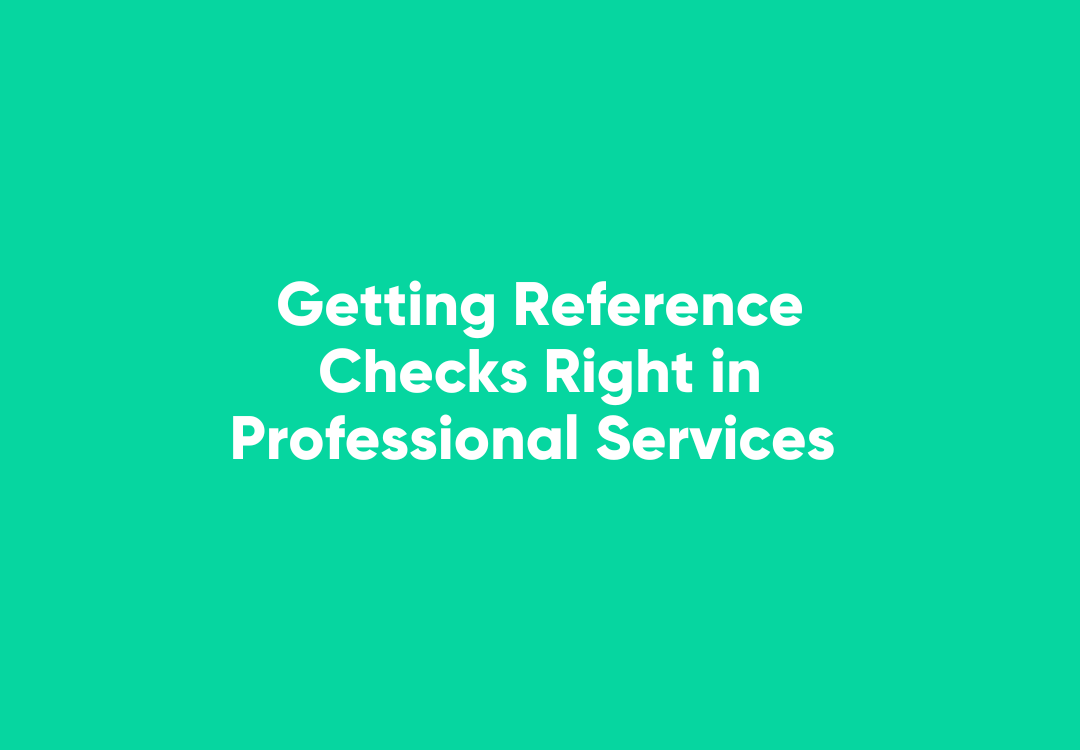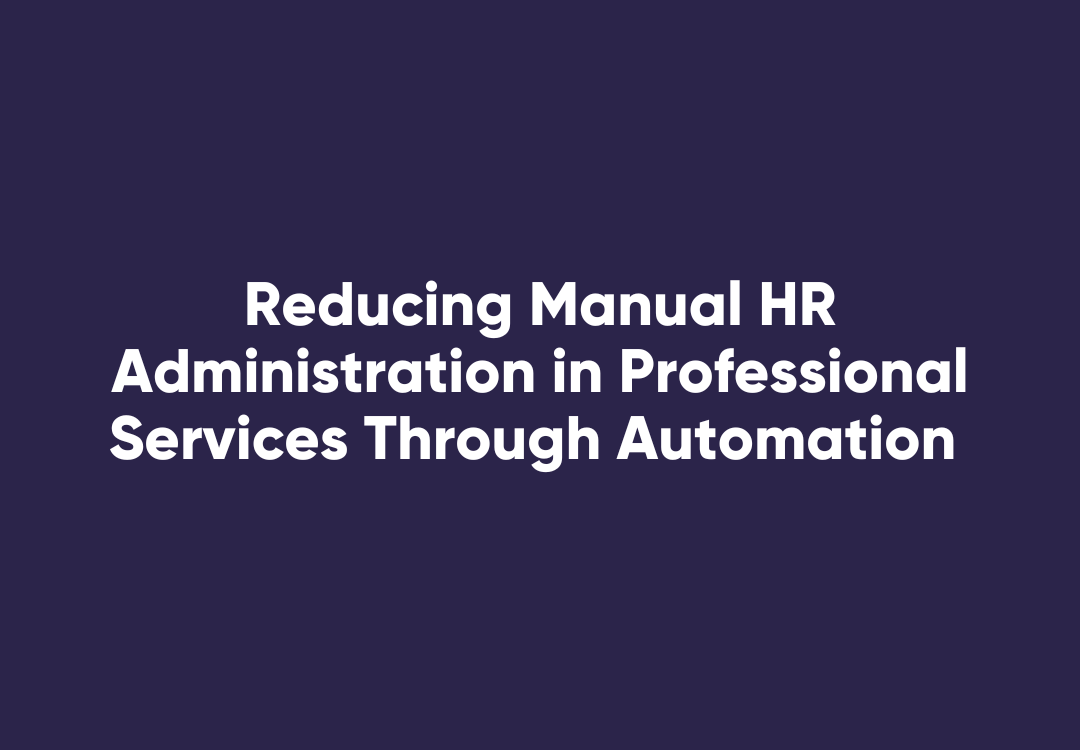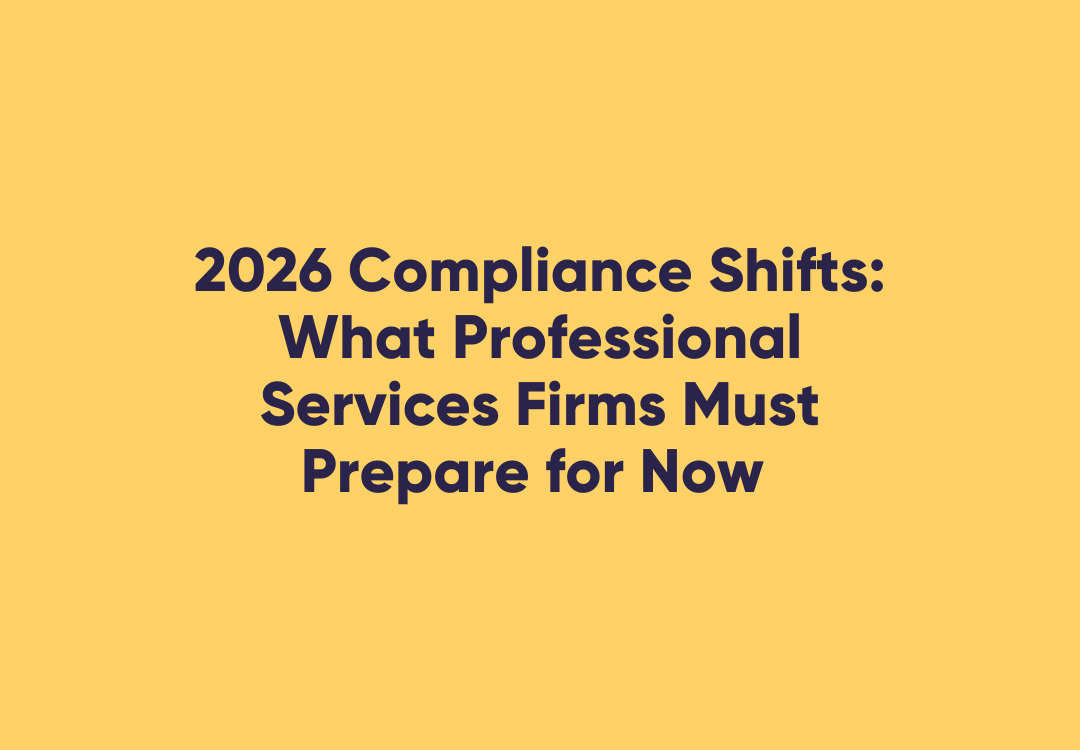Everything You Need To Know About New Zealand Vaccination Mandates
With the recent announcement of Covid-19 Vaccination Mandates coming into place in New Zealand, we wanted to put together a concise breakdown of some crucial information that you need to ensure your workforce is safe and compliant.
Mandatory Vaccinations For Workers
These sectors and business types are where COVID-19 vaccinations are mandatory:
- Border and managed isolation and quarantine workers
- Education sector
- Health and disability sector
- Prison workers
- NZ Police
- NZ Defence Force
- Fire and Emergency New Zealand
- Workers covered by the My Vaccine Pass mandate. This applies to food and drink services (excluding businesses that operate solely as takeaways), events, close-proximity businesses and indoor exercise facilities like gyms. The mandate also applies to workers on-site at tertiary education premises when red settings are in place.
This may be because they work with populations that:
- are unable to be vaccinated
- are at increased risk of severe illness from COVID-19
- are at-risk of outbreaks.
Vaccination in these sectors is an important tool for reducing infection and transmission.
For example, in healthcare, workers are more likely to be in contact with someone that has COVID-19, making it a high-risk sector. A high rate of vaccination in this sector will help to protect staff from getting sick and passing COVID-19 onto others, including those who are at risk from severe illness.
Most people in these sectors are already vaccinated. But getting everyone in these sectors vaccinated is critical to the management of COVID-19.
Vaccine Booster Doses
COVID-19 booster vaccinations are now mandated for workforces covered by the COVID-19 Public Health Response (Vaccinations) Order 2021 (Vaccinations Order). This came into effect on 23 January 2022. A change to the Vaccinations Order came into force on 14 February 2022. The amendment to the Order for health and disability workers to be boosted now sets the new deadline date to 25 February 2022.
- Border and MIQ workforces, if eligible for a booster, are required to have this by 15 February 2022. This includes workers in Defence and Police who work in these settings.
- Health and Disability workforces, if eligible for a booster, are required to have this by 25 February 2022. This includes workers in Corrections, Fire and Emergency, Defence, Education and Police who work in these settings.
- Affected educational services, Corrections (custodial staff), Police (non-sworn employees who work in educational settings), if eligible for a booster, are required to have this by 1 March 2022.
- This currently does not include workers covered by the My Vaccine Pass mandate.
A booster dose is mandated 6 months (183 days) from the end of your primary vaccination course. However, you are eligible for a vaccine booster 3 months after the completion of your primary vaccine course. It is recommended you take the opportunity for an earlier dose, rather than wait the full 6 months.
You must be 18 years or older to receive a booster dose. If you are under 18 years old and have had your primary vaccination course, you can continue to work.
We’ve been carefully monitoring the Covid-19 vaccination situation and health advice as it becomes available and ensured that our Vaccination Status Management function is up to date and ready to help you keep your workforce compliance. Since it’s launch in October last year, over 80,000 candidates have verified their vaccination details within the WorkPro platform and we’re so proud to be assisting businesses with such a crucial compliance component.
If you want to learn more about how this invaluable service can help you and your business, contact workprosales@workpro.com.au




